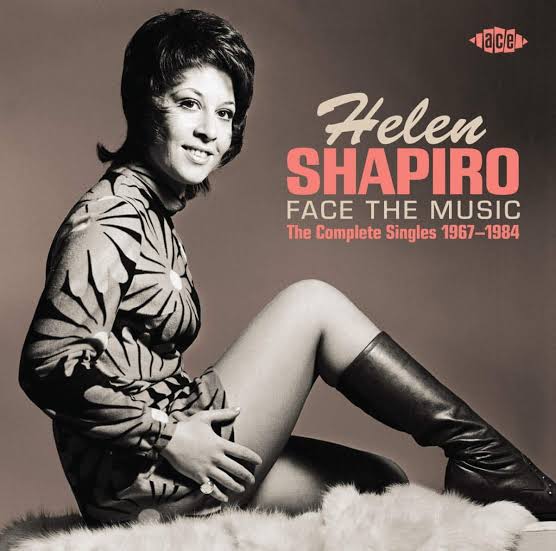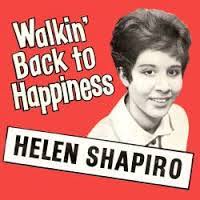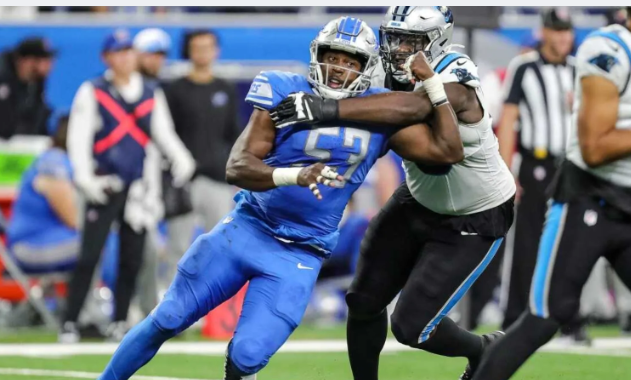When Helen became the No. 3 hit on the UK Singles Chart at the age of 14, she…
As a teenager, Helen Shapiro sang her way into the hearts of the British people. At the age of 14, Helen became inspired by Alma Cogan’s success and achieved a No. 3 hit on the U.K. Singles Chart with her song “Don’t Treat Me Like a Child.” In 1961, she achieved two No. 1 hits on the charts with “You Don’t Know” and “Walkin’ Back to Happiness.” She soon started making movie appearances and going on tour with The Beatles. (She was the tour’s main attraction; the up-and-coming Fabs were lower on the bill!) Helen’s last number-one single arrived far too soon in 1962, although she kept recording in her endearingly deep, unique voice. Although a number of CDs have documented her early years, her subsequent recordings
Helen’s affiliation with the EMI imprint came to an end with these four Columbia (U.K.) sides from 1967, which is regrettable given their excellent quality. Helen’s own “The Way of the World” (with a sublime Ivor Raymonde chart), Paul Jones’s “She Needs Company,” Chip Taylor and Billy Vera’s “Make Me Belong to You” (introduced by Barbara Lewis), and Roger Earl Okin’s barnstorming “Stop and You Will Become Aware” (a future Northern soul favorite) all deserved a better commercial fate than they were assigned.
For five 45s issued between 1968 and 1970, Helen relocated to Pye under the direction of songwriter-producer John Schroeder—the guy who found her and supported her career. However, Pye was unsure of how to handle the singer, as seen by the wide range of songs on this album, which includes the captivating “Today Has Been Cancelled,” the bubbly “You’ve Guessed,” the driving “Take Me for a While,” and the loud, booming “On the Shores of Nowhere.” Ultimately, Schroeder’s songs didn’t have the same impact as those of Tony Hatch on Petula Clark or Chris Andrews on Sandie Shaw, to mention two of Helen’s Pye labelmates. Schroeder composed several of her Pye sides, typically with writing partner Anthony King. Strangely enough, the B-side that worked the best was probably the quiet, languid “A Glass of Wine.”










